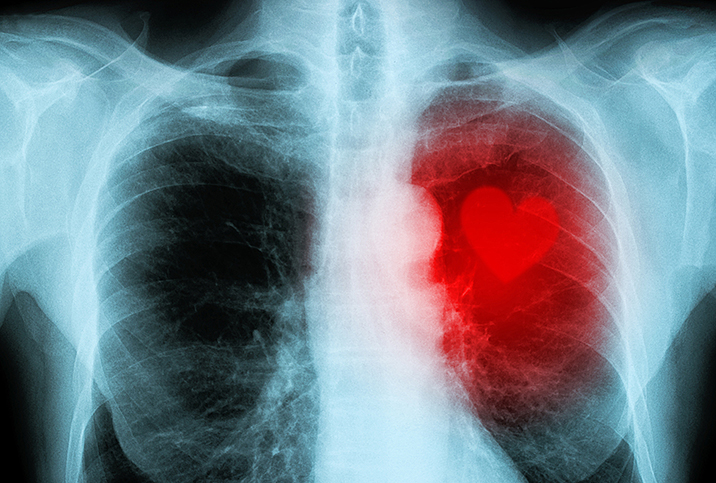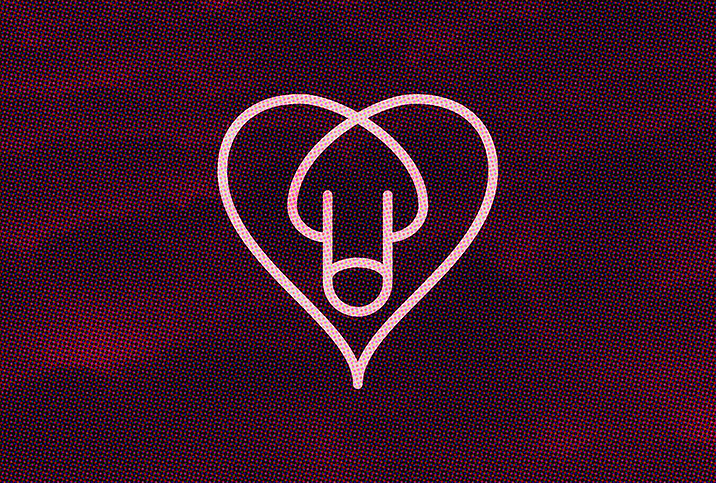ED: A Possible Warning of Heart Disease

Studies have shown a link between erectile dysfunction—the inability to achieve or maintain an erection for sex—and heart disease. For an erection to occur, blood must flow into the penis and stay there, so ED can be an indication that your blood vessels have narrowed or are blocked. ED is often a sign of atherosclerosis, a clogging of the arteries that can cause angina (chest pain), heart attacks and other heart conditions.
Men with ED are at a higher risk for heart problems, according to a 2018 study published in Circulation, a scientific journal of the American Heart Association. The study followed nearly 2,000 men between the ages of 60 and 78 over a four-year span. The men who reported experiencing ED were two times more likely to suffer a heart attack, sudden cardiac death, cardiac arrest and stroke (both fatal and nonfatal). The study suggested that ED is an important sign that can help doctors determine cardiovascular risk in men.
ED has been found in 42 to 57 percent of men who have coronary artery disease and 33 percent of those who have diabetes with silent ischemia, according to the European Cardiology Review. Silent ischemia occurs when the heart temporarily does not receive enough blood. It usually doesn’t cause pain, which is why it’s “silent.”
The biology behind it
For years, it was believed that the buildup of cholesterol-filled plaque in the arteries was why ED preceded heart problems. The rationale is that the plaque buildup would inhibit blood flow through the arteries and, therefore, the penis.
However, experts now believe that ED preceding heart issues is more often due to the inability of the smooth muscle cells in arteries to relax, a problem known as endothelial dysfunction, and it leads to not enough blood to the heart and diminished blood flow to the penis. Erections depend on the relaxation of smooth muscle in the corpus cavernosum, one of two columns of spongy tissues that run through the shaft of the penis, and the wall of small arteries.
In some cases, ED can be considered a gauge for cardiovascular health. Because the arteries of the penis are much smaller than others, arterial damage shows up there first. Studies have indicated that ED precedes the onset of cardiovascular disease symptoms by three to five years. According to Johns Hopkins Medicine, men in their 40s with ED but no other risk factors for cardiovascular disease have an 80 percent risk of developing heart issues within a decade.
Giddy Urologist Dr. Edwin Morales talks about how a person’s medical history can affect their erectile dysfunction. Watch the video here.
ED risk factors
ED and heart disease have many of the same risk factors, including:
- Diabetes
- Age
- High blood pressure
- High blood cholesterol
- Alcohol consumption
- Smoking
- Lack of exercise
- Obesity
- Low testosterone
- Depression
Modifying these risk factors is recommended to improve symptoms of ED and decrease the risk of cardiovascular problems. Dr. Richard Becker, a cardiologist in Cincinnati, told the American Heart Association that he hopes the 2018 study mentioned above will help men realize how critical it is to be aware of risk factors and maintain heart health.
If you have erectile dysfunction, talk to your doctor not only about treatment for ED, but also about your risk factors for heart disease. Your doctor may be able to recommend tests for heart disease as well as lifestyle changes you can make to reduce your risk.


















